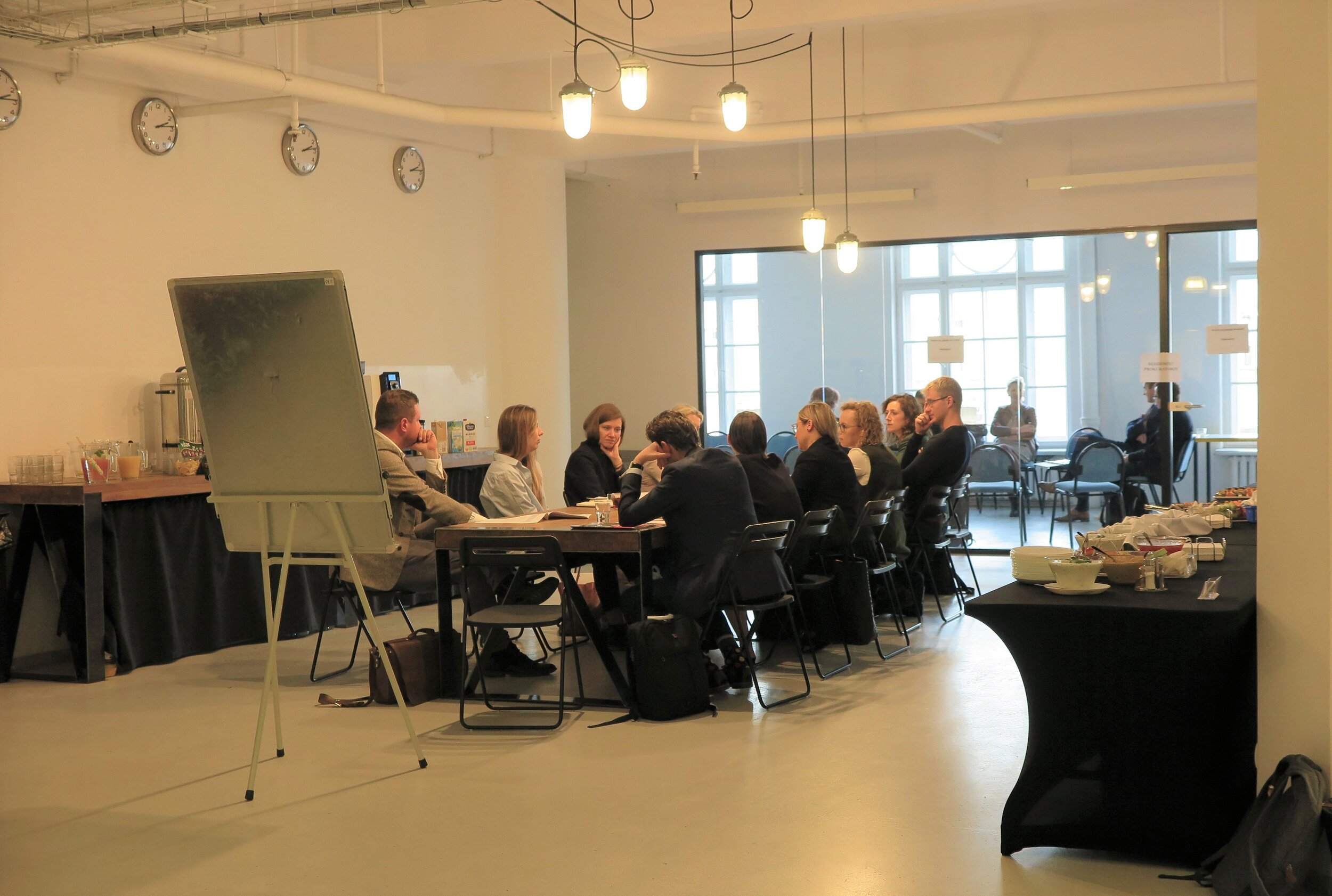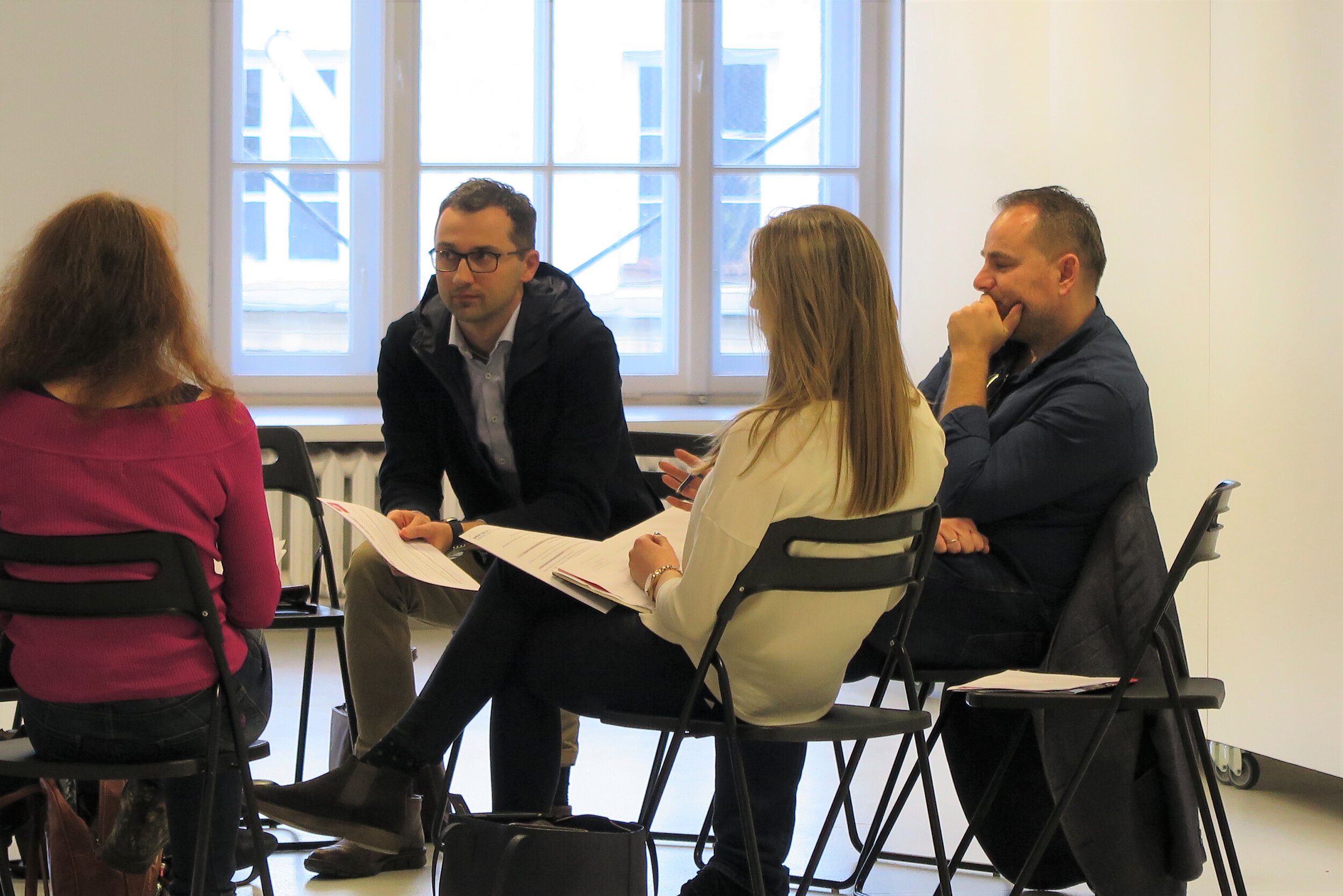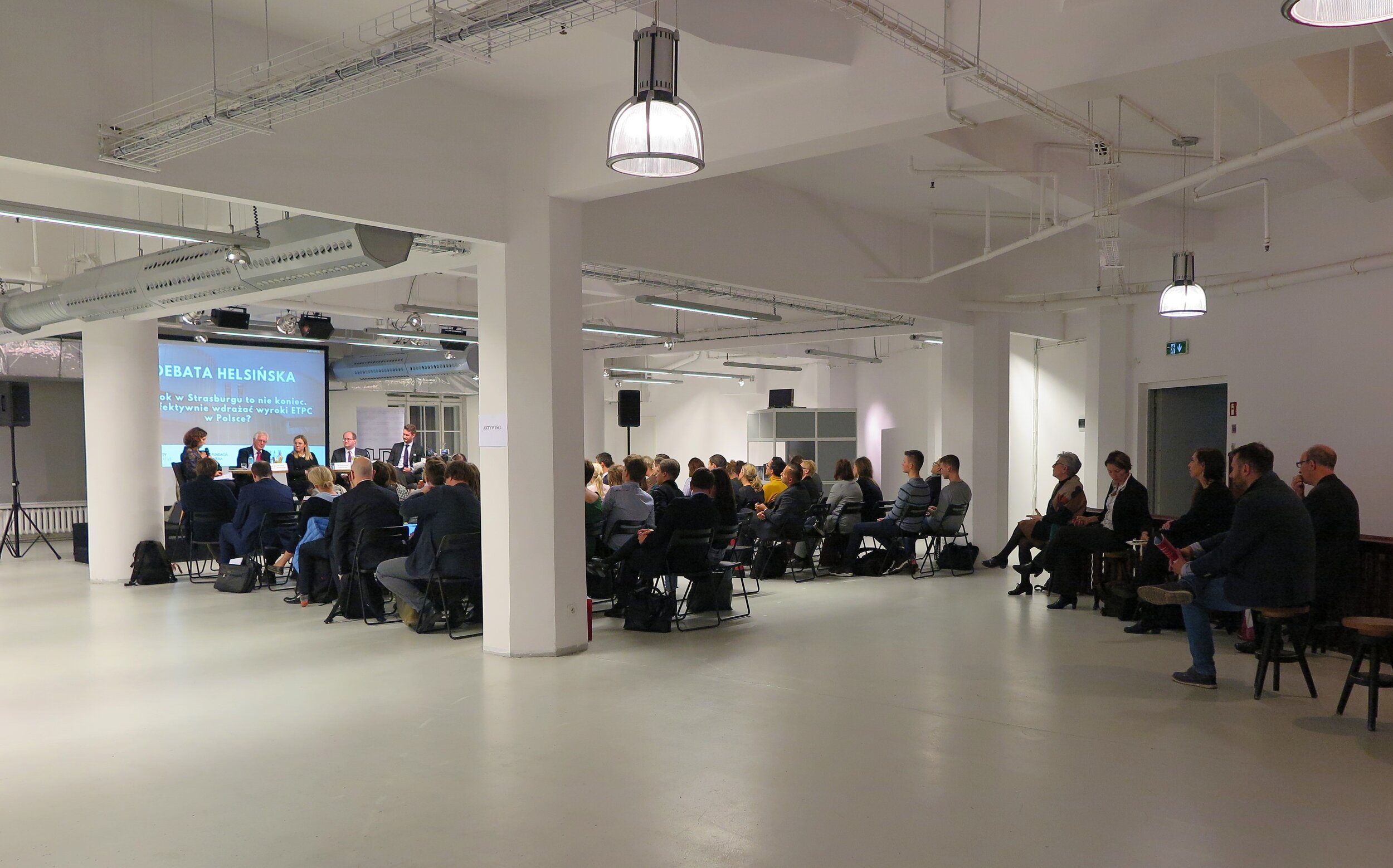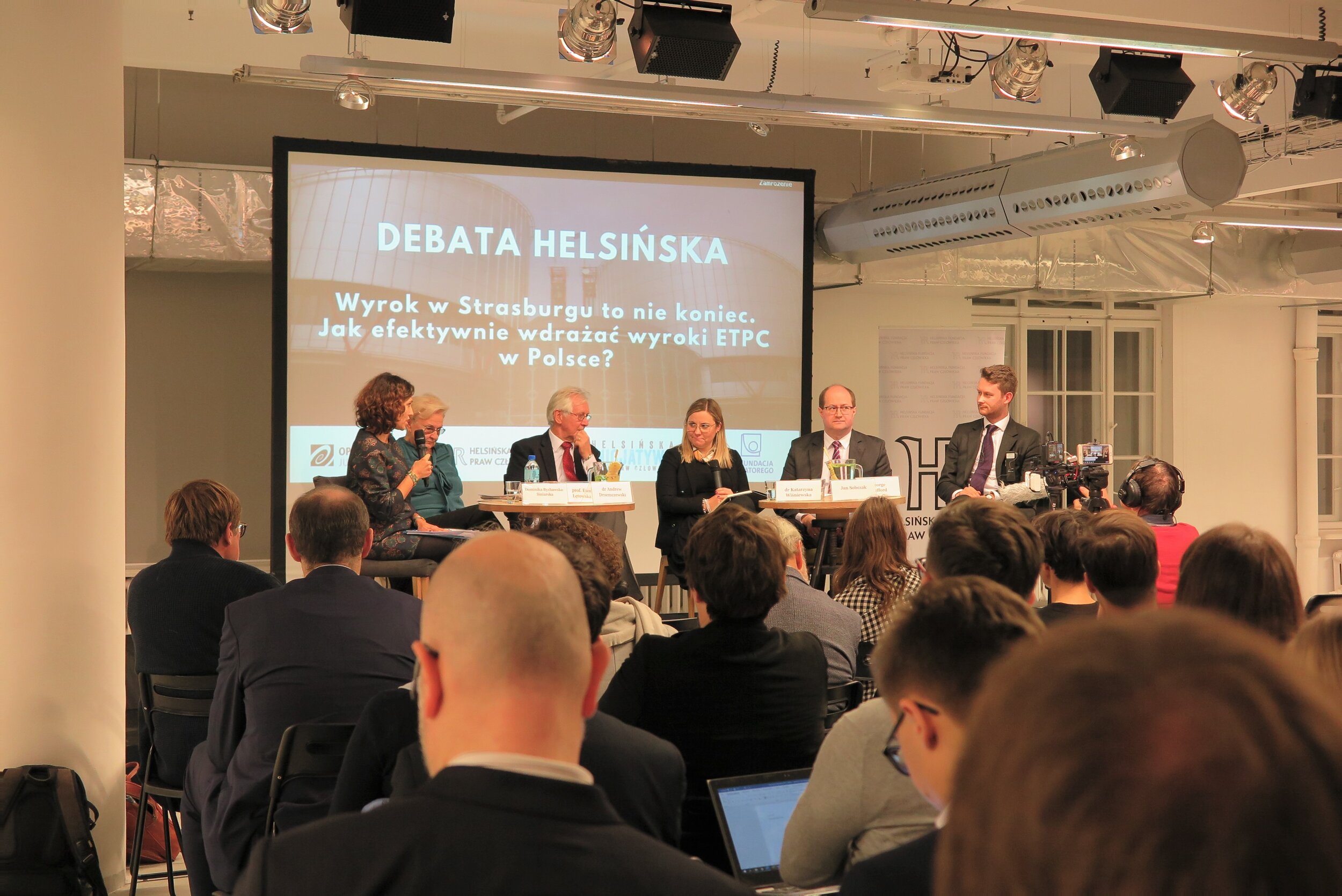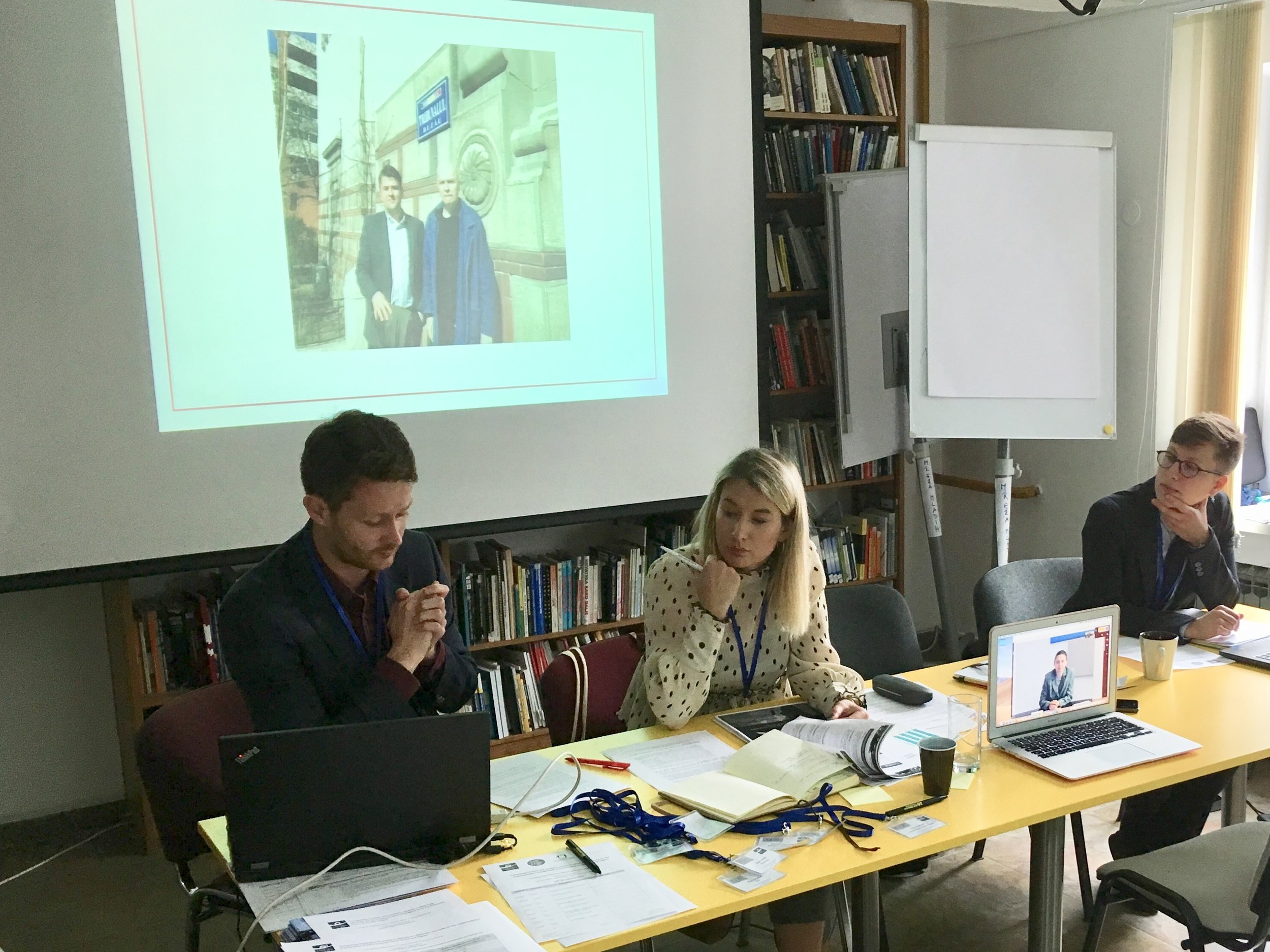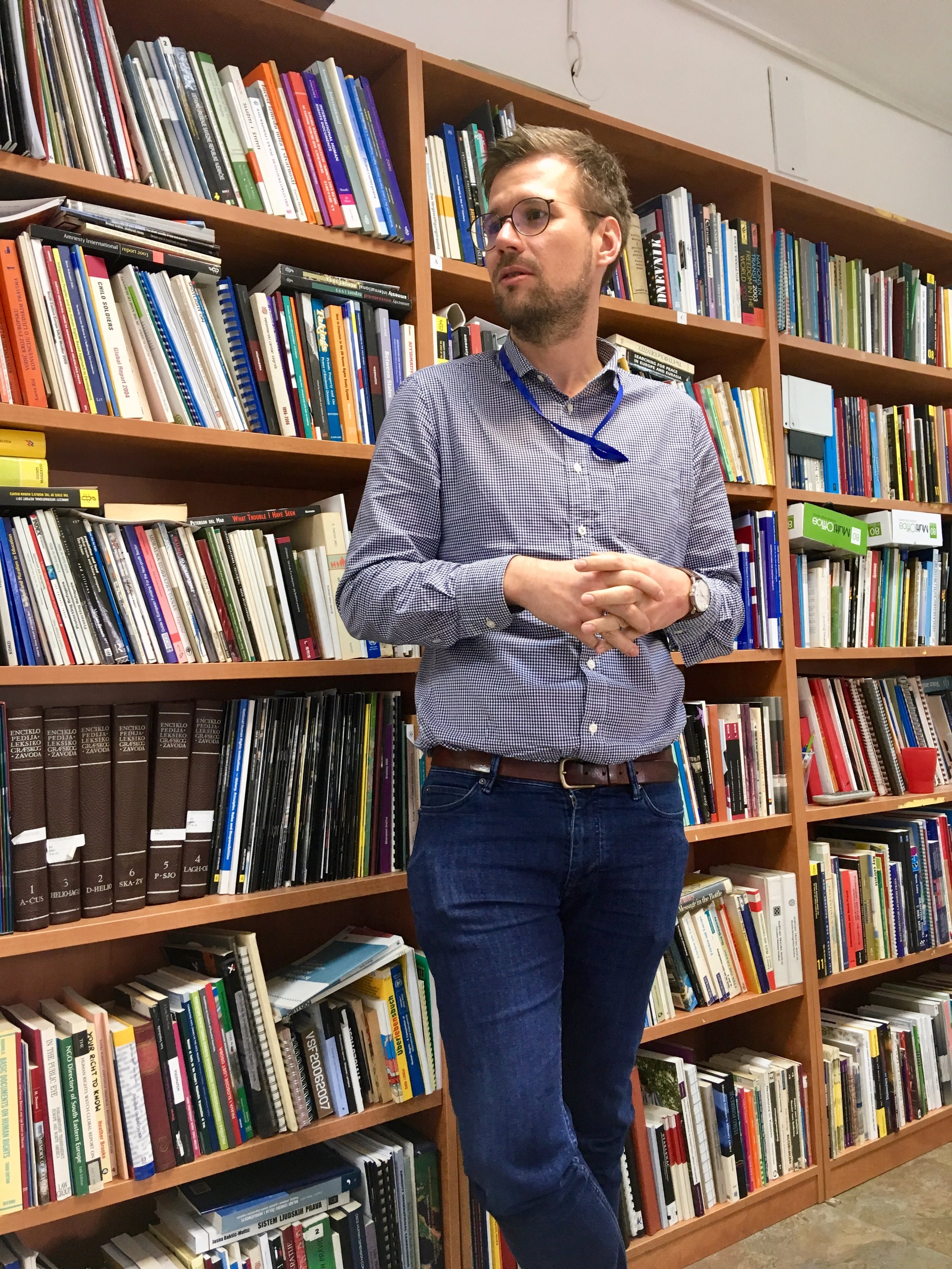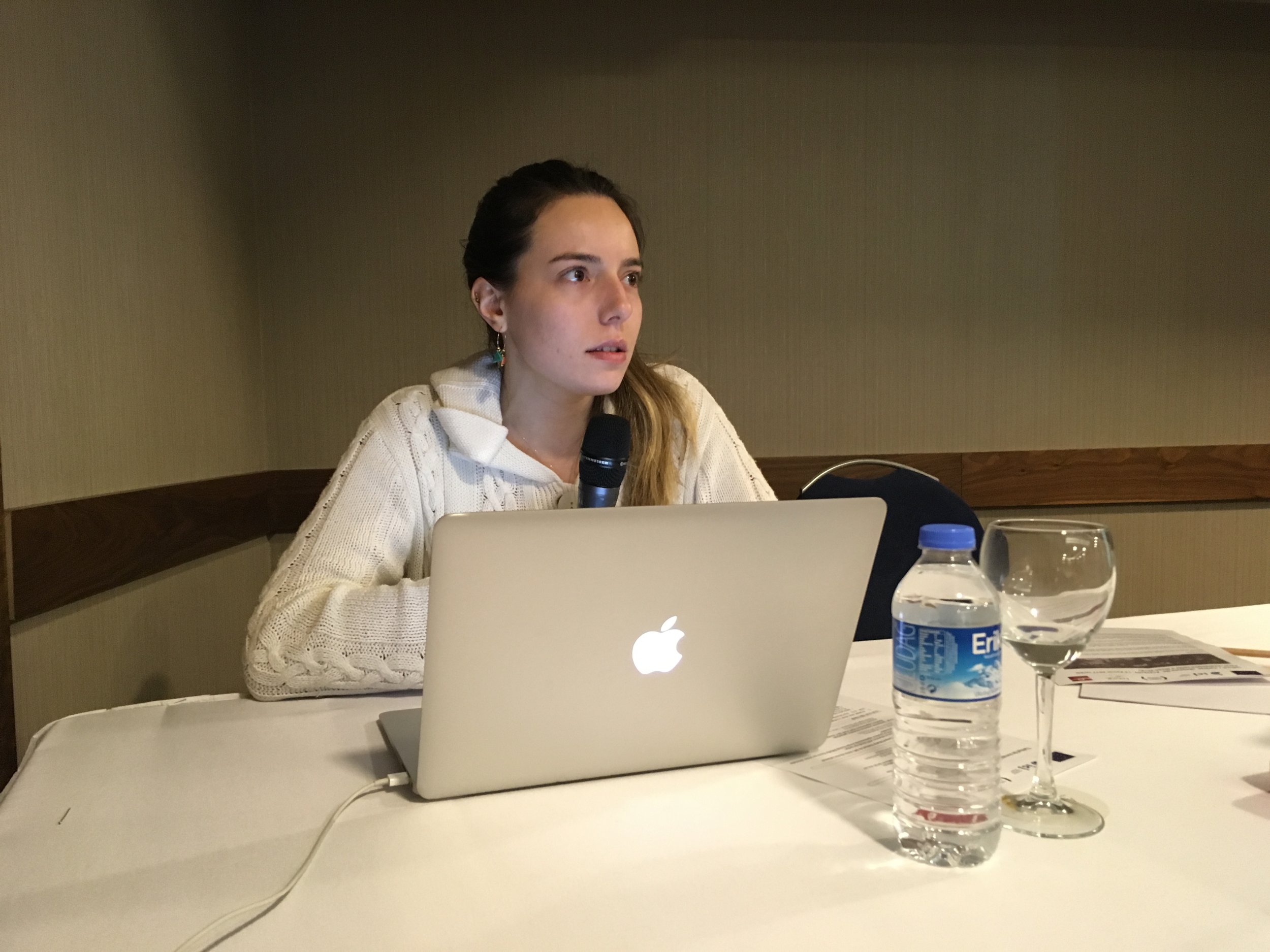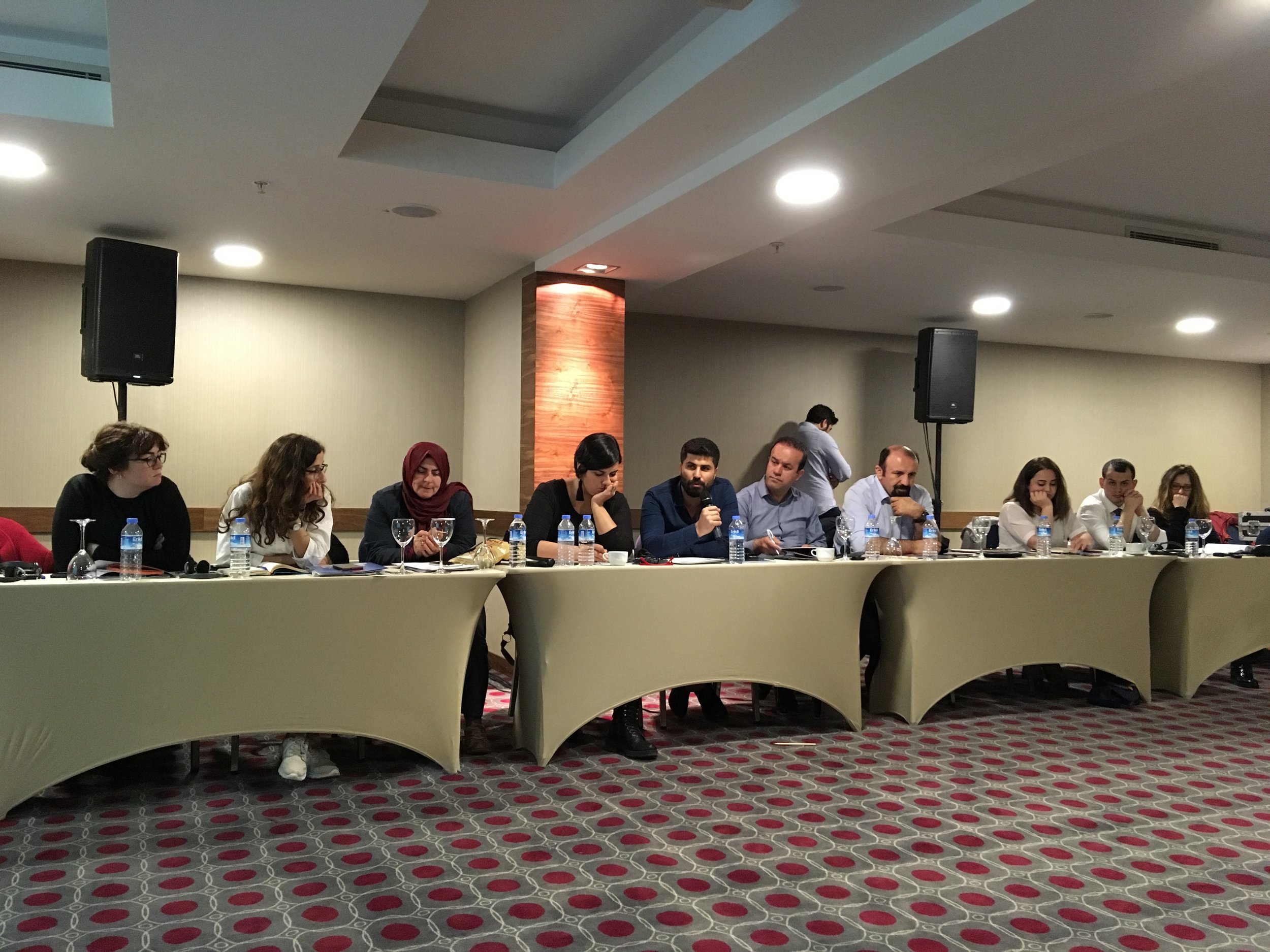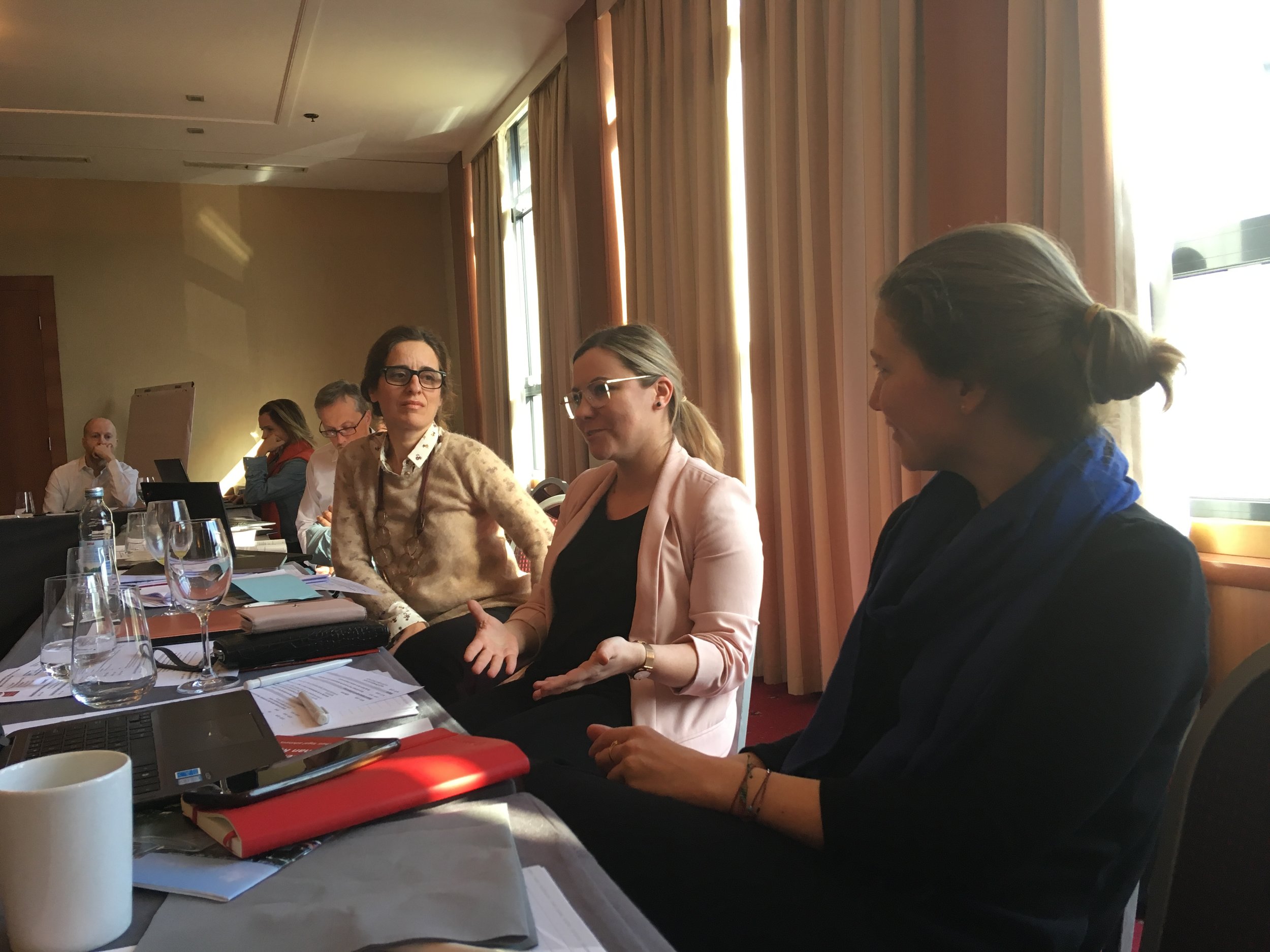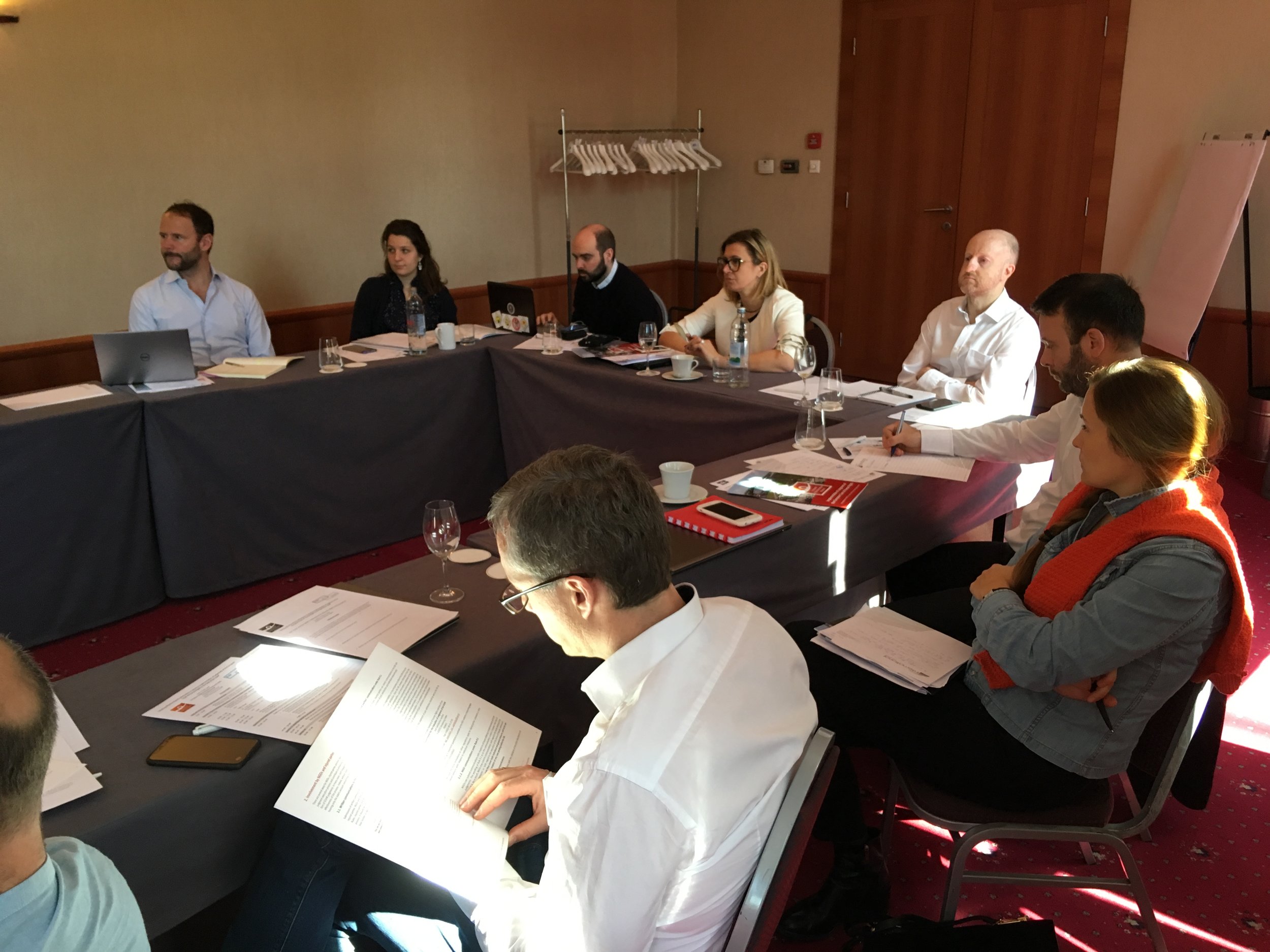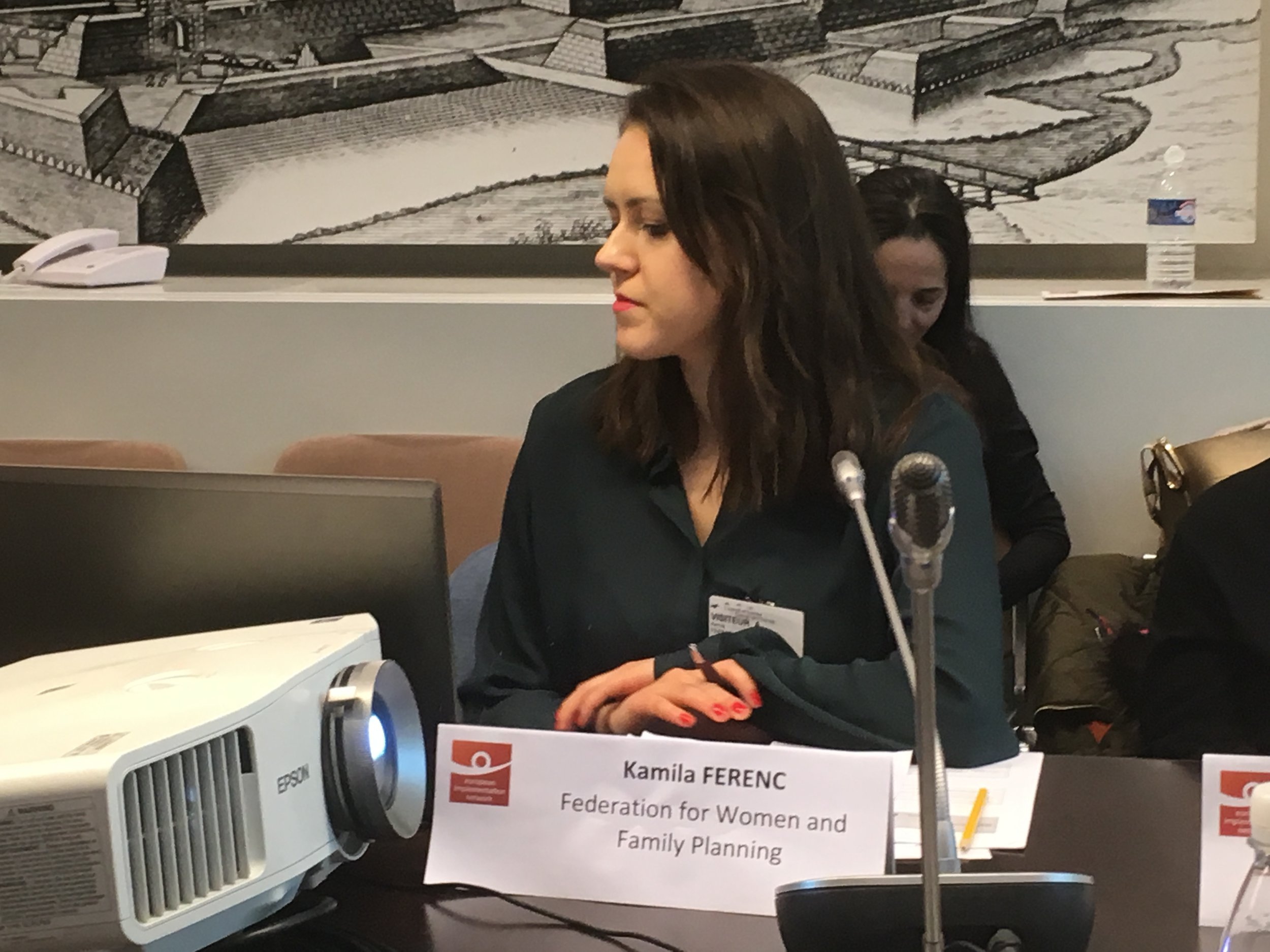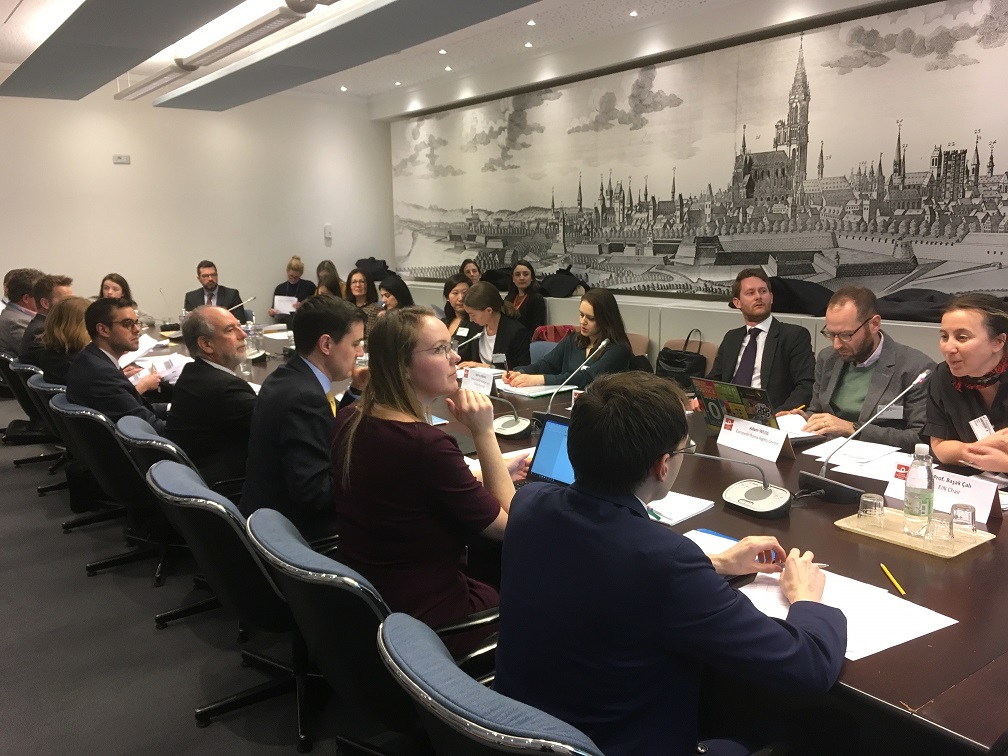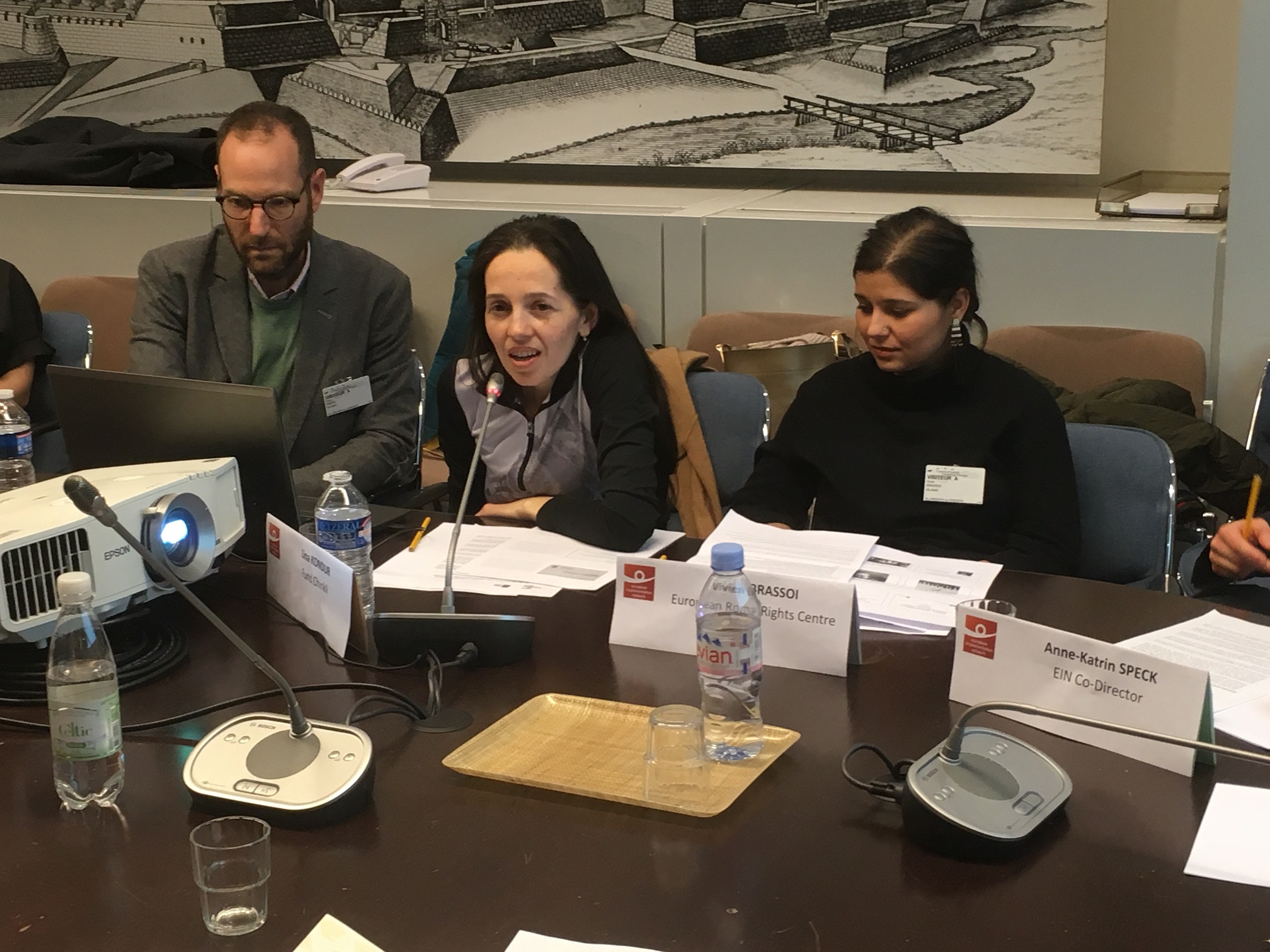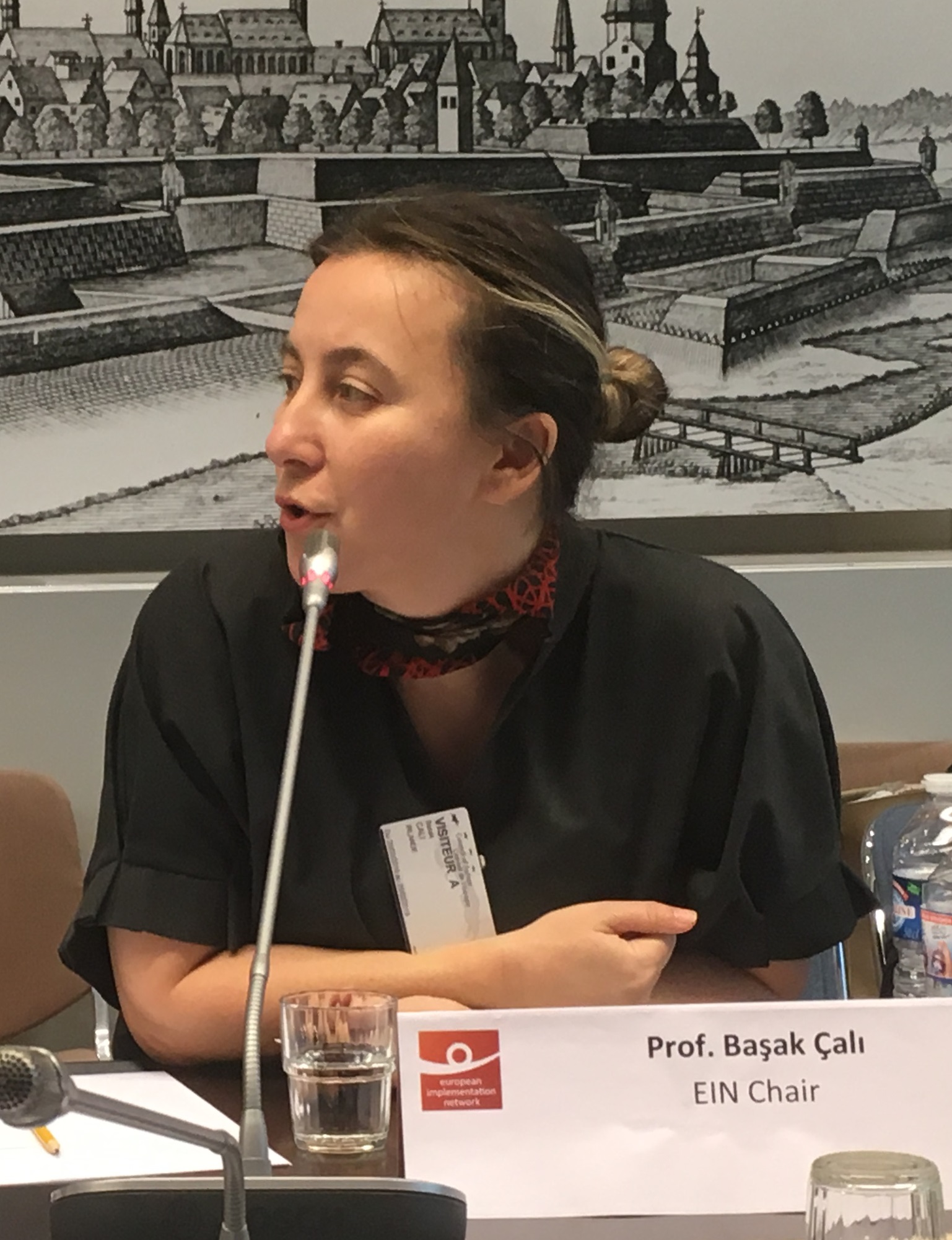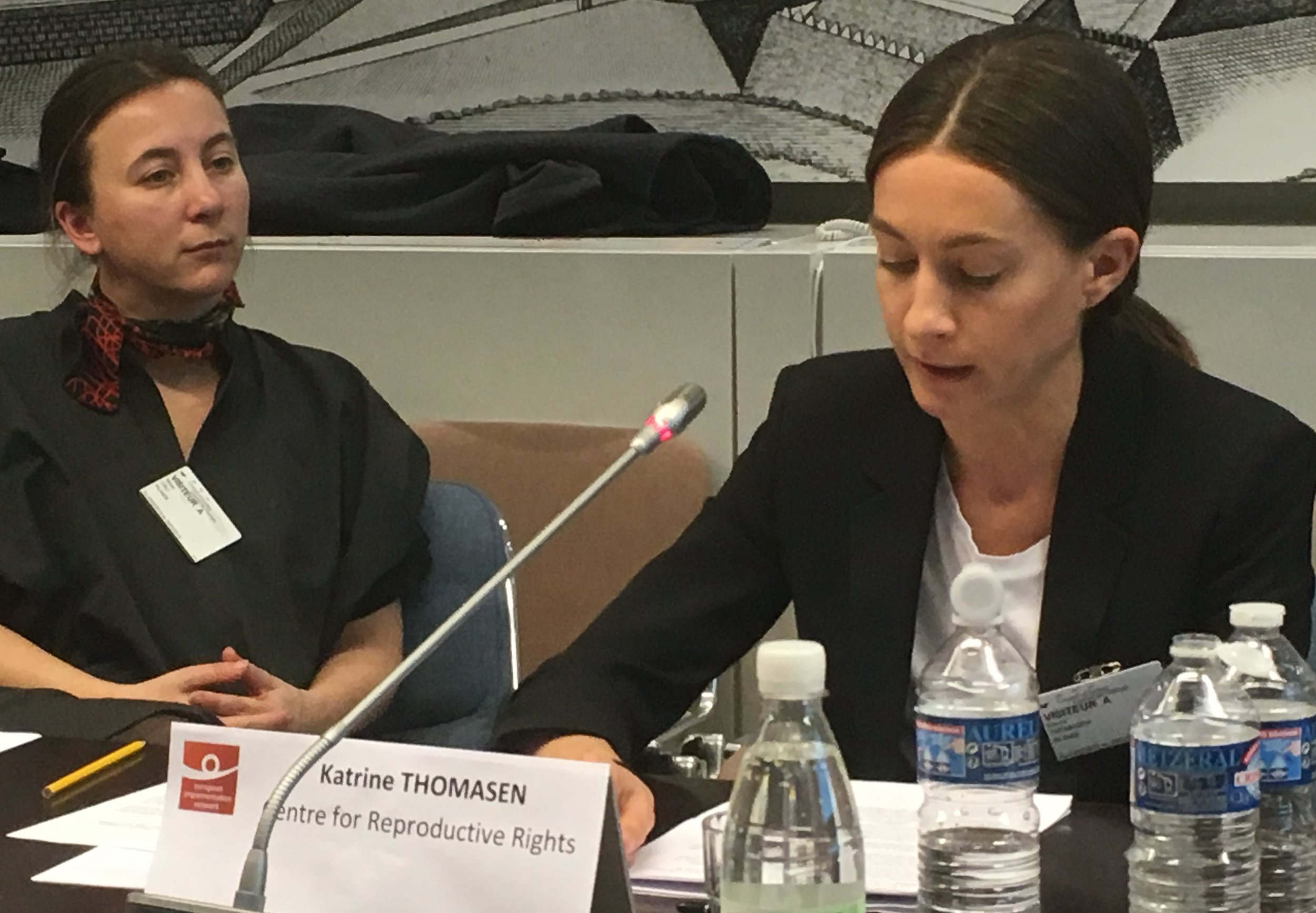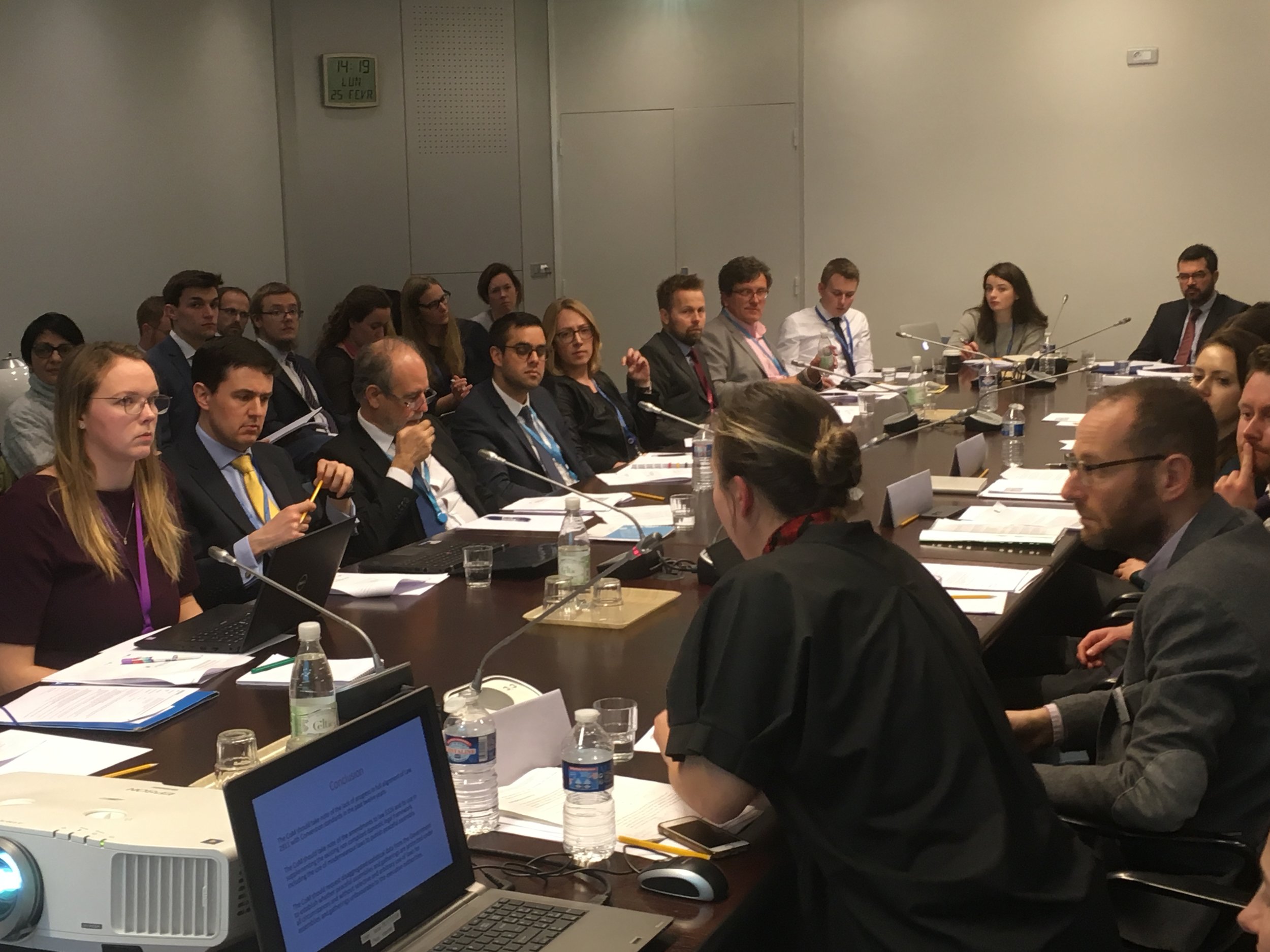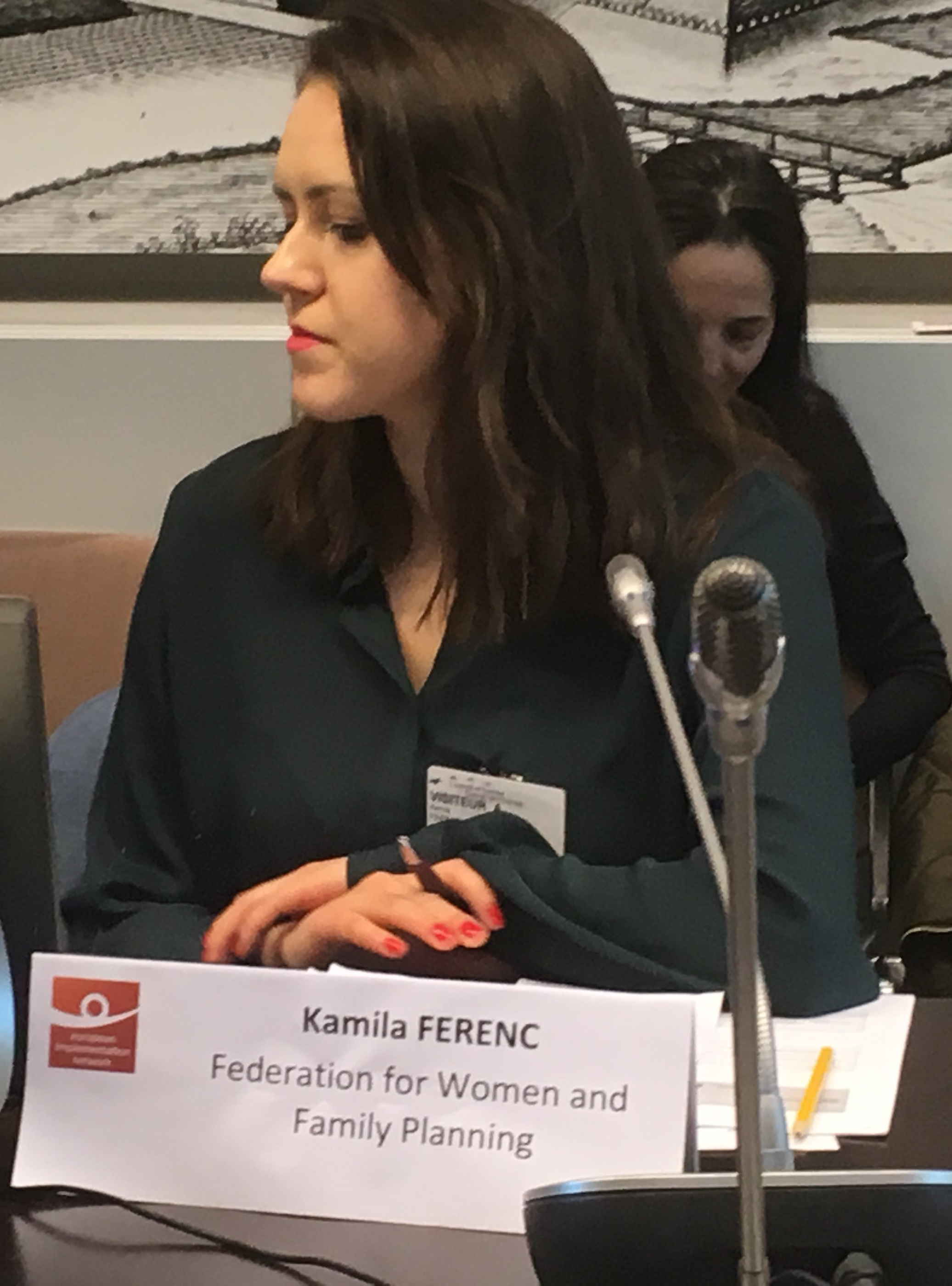A spotlight on ECtHR judgment implementation in Serbia
/EIN highlights the benefits of domestic and Strasbourg advocacy at CoE event in Belgrade
What are the benefits of civil society advocacy to enhance the implementation of judgments of the European Court of Human Rights (ECtHR, the Court)? Where are the key challenges that need addressing, and what tools can be used to close the ‘implementation gap’?
These were some of the questions EIN Co-Director Anne-Katrin Speck had the pleasure of discussing with a group of civil society representatives at an event in Belgrade on the eve of Human Rights Day 2019, entitled ‘Protecting Human Rights Today: Promises, Challenges and Responsibilities’. The event, organised jointly by the Council of Europe and Human Rights House Belgrade, within the joint EU/Council of Europe Action on “Strengthening the effective legal remedies to human rights violations in Serbia”, shone a spotlight on how academics, activists and civil society organisations can help promote and protect human rights.
It cannot be stressed enough how important a role the judgments of the ECtHR can play in bringing about tangible human rights improvements on the ground – not just for the individuals who win a case in Strasbourg, but for wider segments of society, too. The case of Serbia illustrates this well.
Take the case of Zoran Lepojić, a politician from Babušnica. In the run-up to the 2002 elections, Mr Lepojić published an article in which he criticised the Mayor of Babušnica for having wasted ‘nearly insane’ amounts of public money on sponsorships and gala lunches. He was found guilty of defamation and ordered to pay fines, damages and costs equivalent to eight average monthly salaries. Mr Lepojić successfully brought a case to the Strasbourg Court, which found that the article had addressed issues of public interest and had been published in good faith. Because the heavy fines had been unreasonable in these circumstances, the Court held that Serbia had violated Mr Lepojićs right to freedom of expression. In the aftermath, the applicant’s conviction was deleted from his criminal record. The Supreme Court changed its case law to bring it in line with Strasbourg’s jurisprudence, by expanding the scope for criticism of public figures under Serbian law.
Yet, implementation does not always go smoothly. There are currently 13 ‘leading’ cases against Serbia awaiting implementation, i.e. cases requiring the adoption of ‘general measures’ to resolve the root causes of (often repeat) violations. Five of these are pending under the Committee of Ministers’ enhanced supervision procedure, in a cue as to the complexity of the underlying issues. The pending cases cover a range of subjects: from excessive length of proceedings (POPOVIC v. Serbia, JEVREMOVIC v. Serbia, SAMARDZIC AND AD PLASTIKA v. Serbia, MIKULJANAC, MALISIC AND SAFAR v. Serbia), to non-enforcement of domestic courts’ decisions (R. KACAPOR v. Serbia, KIN-STIB AND MAJKIC v. Serbia, RAFAILOVIC v. Serbia), to police ill-treatment (STANIMIROVIC v. Serbia).
For both the Strasbourg system and people in Serbia, every one of these unresolved human rights cases constitutes a problem. But for civil society, each of the 13 leading case also presents an opportunity to push for change, using the judgments as pressure tools in their advocacy for reforms. Civil society involvement is instrumental to make sure (a) the scope of reforms is adequate to ensure that the violations are not repeated, (b) the supervision of the implementation of judgments is not ended prematurely, and (c) reforms are set in motion and their effects properly monitored.
Civil society organisations have a range of tools at their disposal to achieve these goals: domestically, they can seek meetings with the Government Agent (who coordinates implementation at the domestic level) and other authorities, offering to contribute to the drafting and implementing of the Government’s Action Plans. They can ensure media coverage of non-implemented cases to raise public awareness of the matter. They can lobby to get an open hearing in parliament. They can get involved in designing and delivering training for judicial and law enforcement personnel. And the list goes on. At the Strasbourg level, civil society submissions to the Committee of Ministers are a powerful means to counterbalance misleadingly positive Government accounts of the state of implementation. Everything you need to know about researching, drafting and submitting a ‘Rule 9’ is explained in detail in EIN’s Handbook on Rule 9 submissions, which has been translated into Serbian by the Council of Europe (and will be available soon on EIN’s website).
What is encouraging is that progress really does seem possible. Serbia is not a ‘bad implementer’ of ECtHR judgments. Of the leading cases handed down by the Strasbourg Court in the last ten years, only 19 percent remain pending, making Serbia a ‘model student’ in the region. But there is no room for complacency! Several of the leading judgments currently pending before the Committee of Ministers date back more than ten years, and renewed efforts are needed to tackle the important outstanding human rights issues. Concerted efforts by various conscientious domestic actors offer the best prospect for success in this endeavor, as we have stressed elsewhere. EIN is here to help civil society actors work more effectively towards the full implementation of ECtHR judgments – in Serbia and across Europe. Get in touch if you want to partner with us; we are happy to support you in your advocacy!











